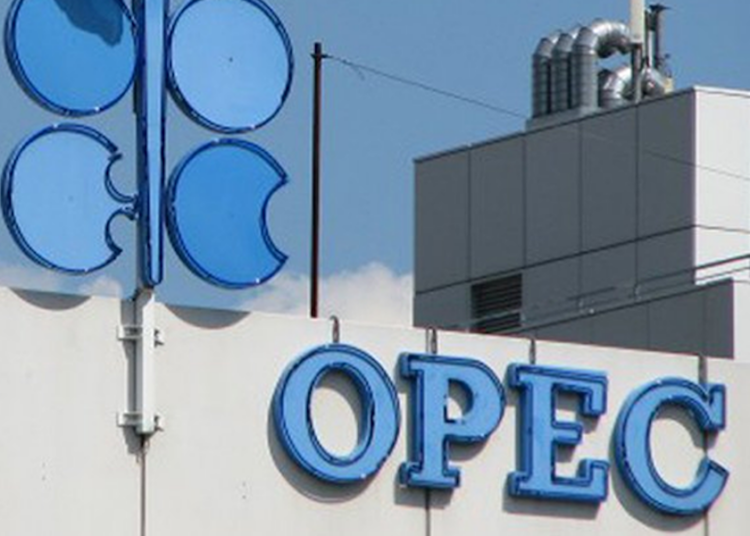Nigeria has, for the first time, met the Organisation of Petroleum Exporting Countries’ (OPEC) crude oil production quota of 1.5 million barrels per day (bpd), marking a significant milestone in the country’s oil output.
According to OPEC’s latest Monthly Oil Market Report, released on Wednesday, Nigeria’s average daily crude oil production rose to 1.53 million bpd in January 2025, based on figures obtained through direct communication with Nigerian officials.
This achievement came after Nigeria struggled for over a year to meet its assigned production quota. Initially set in November 2023 for the 2024 period, the quota was later extended into 2026 as the country continued to produce below expectations.
OPEC’s report highlighted that Nigeria’s January production of 1.53 million bpd represented a 54,000 bpd or 3.6% increase from the 1.48 million bpd recorded in December 2024.
With this development, Nigeria has remained Africa’s largest oil producer, surpassing Algeria, which recorded 907,000 bpd in January. Congo followed as the continent’s third-largest producer, with an output of 251,000 bpd.
OPEC also noted that Nigeria’s crude oil production is expected to rise further with the Dangote Refinery nearing full operational capacity.
“The oil sector remains central to the economy, and the Dangote Refinery reaching full production capacity should help stabilise the petroleum product supply and possibly lower petrol prices,” OPEC stated.
On February 10, Edwin Devakumar, vice-president of Dangote Industries Limited (DIL), told Reuters that the refinery could reach full capacity within the next 30 days.
At full operation, the plant will process 650,000 barrels of crude per day, a figure experts believe is sufficient to meet domestic petroleum product demand.
Despite this milestone, the Nigerian government has set even more ambitious goals for crude oil production.
Minister of State for Petroleum Resources (Oil), Heineken Lokpobiri, recently stated that the federal government aims to achieve 3 million bpd in crude oil production by 2025.
While the country has struggled with challenges such as oil theft, pipeline vandalism, and investment constraints in recent years, the latest figures suggest a positive trajectory in Nigeria’s oil output.





